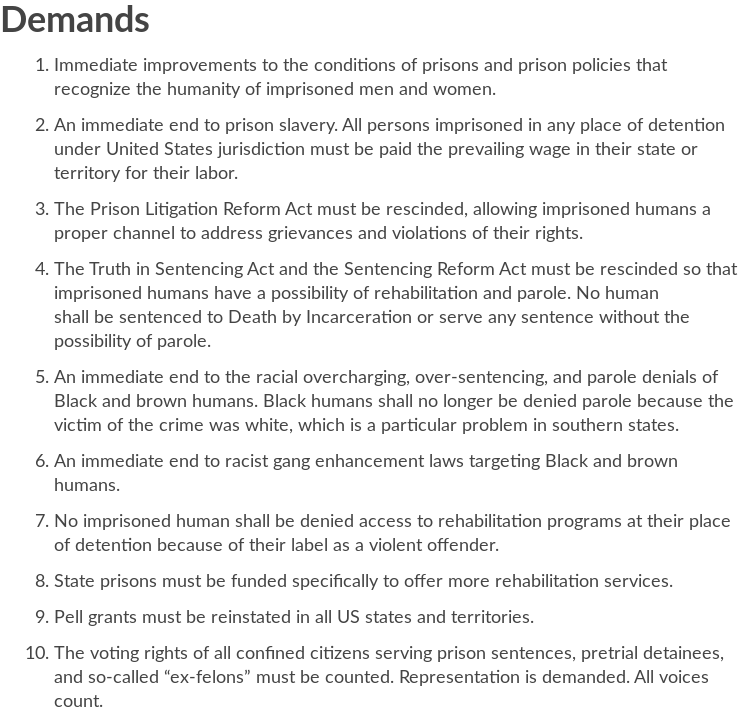July 10, 2018
After discouraging year, U.S. officials expect review of Afghan strategy
Reuters
July 10, 2018
WASHINGTON (Reuters) – The United States is preparing to undertake a review of its strategy in Afghanistan, U.S. officials told Reuters, a year after President Donald Trump begrudgingly agreed to extend America’s involvement in the 17-year-old war.
Secretary of State Mike Pompeo speaks to the coalition forces at Bagram Air Base, Afghanistan July 9, 2018. Andrew Harnik/Pool via ReutersOfficials said Trump has shown signs of frustration over the lack of progress since he unveiled a strategy last August that committed to an open-ended deployment of U.S. military advisers, trainers and special forces and increased air support for Afghan security forces. The goal was to force the Taliban militants to open peace talks with the Kabul government.
Trump was opposed to remaining in America’s longest war, but was convinced by his advisers to give it more time. He authorized last year the deployment an additional 3,000 U.S. troops, bringing the total to around 15,000.
Nearly a year later, the current situation is in a stalemate in which Afghan civilians are paying a heavy toll, the Taliban are expanding in rural areas but are unable to capture major urban centers and the capability of Afghan security forces remains in doubt.
Several current U.S. officials and other former officials and advisers with direct knowledge said the White House had not yet formally ordered the review, but they were preparing for a government-wide appraisal in the next few months.
The officials spoke on condition of anonymity because they were not authorized to publicly discuss the issue.
“We’ve received some indications from the White House that Trump could ask for a review in the next few months. So we’re preparing for what it would look like,” said a senior U.S. official.
Afghan President Ashraf Ghani accompanied by U.S. Secretary of State Mike Pompeo speaks at a news conference at the Presidential Palace in Kabul, Afghanistan, July 9, 2018. Andrew Harnik/Pool via ReutersThe review would examine all facets of the current strategy, including what progress had been made, the U.S. troops presence, and prospect of negotiations with the Taliban. It also would include U.S. relations with Pakistan, which U.S. officials accuse of supporting the insurgents, the senior official said. Islamabad denies the charge.
The White House did not immediately respond to a request for comment.
LONGEST WAR
U.S.-led forces invaded Afghanistan in 2001 to topple the Taliban government for harboring al-Qaeda.
Since then, nearly 1,900 U.S. troops have been killed in the war, even as corruption remains endemic in the country and security remains precarious. A recent U.S. government watchdog report found that the Afghan government controlled or influenced only 56 percent of country.
Trump has vented over the lack of progress in Afghanistan, other officials told Reuters, also on the condition of anonymity.
“The president has asked repeatedly what progress we’ve made in Afghanistan since he made his decision, and how much we’ve invested there since 2001,” said one senior official with first-hand knowledge of the ongoing debate over Afghan policy.
“He’s voiced his frustration about the lack of progress many, many times, basically asking ‘What have we got for all that money?’”
Secretary of State Mike Pompeo speaks to the coalition forces at Bagram Air Base, Afghanistan July 9, 2018. Andrew Harnik/Pool via ReutersMichael Kugelman, a South Asia specialist at the Woodrow Wilson Center, said that if there had meaningful progress in Afghanistan, a review would be unlikely.
“The administration could essentially say (after the review) that the conditions have not improved on the ground, so what is the reason to stay,” Kugelman said.
It is not unprecedented for the White House to request such an internal review. Officials said a similar review was carried out after President Barack Obama unveiled an Afghanistan strategy in 2009.
U.S. Secretary of State Mike Pompeo, on a surprise visit to Afghanistan on Monday, promised support for President Ashraf Ghani’s bid to start peace talks with the Taliban and repeated the United States would be willing to take part.
He said the strategy announced last year was working, and would reassure Afghans “that we will support them as they continue fighting to liberate their country and their people.”


